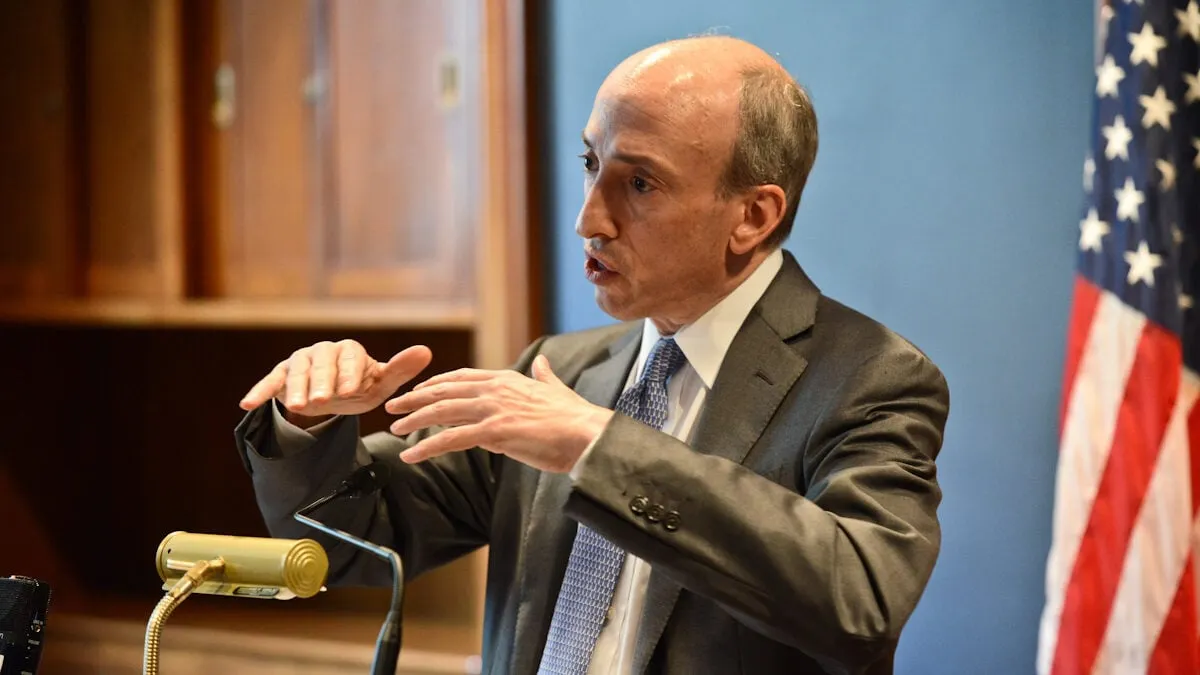U.S. Securities and Exchange Commission Chair Gary Gensler today continued to slam the crypto industry during a Senate hearing with lawmakers, but refused to give any hints on where the regulator would go with the long list of Bitcoin spot exchange-traded fund (ETF) applications that it’s currently reviewing.
Referring to a federal judge’s bombshell decision last month to side with Grayscale over the SEC, Senator Bill Hagerty (R-TN) asked Gensler what the body needs to see in a filing to approve a spot Bitcoin ETF.
Gensler told the Senate Banking Committee Tuesday that the SEC was “still reviewing that decision,” and added: “We have multiple filings around Bitcoin exchange-traded products, so it’s not just that one you mentioned, but it’s multiple others who we’re reviewing. I’m looking forward to the staff's recommendations.”
Last month, a judge ruled that the SEC’s denial of Grayscale’s spot Bitcoin ETF application must be reviewed, siding with Grayscale in its lawsuit against the regulator.
A spot Bitcoin ETF is the hottest topic in the crypto world right now; the SEC has for years denied applications for the product, which would allow investors to gain exposure to Bitcoin without holding the asset.
But investors are hungry for a product—including institutions—because it would give them direct exposure to the crypto world in a safer and easier way.
Today, asset manager Franklin Templeton became the latest Wall Street giant to enter the Bitcoin ETF race by filing an SEC application for a “Franklin Bitcoin ETF.”
Other big names hoping to get their product approved include BlackRock, the world’s largest fund manager, and Boston-based investment giant Fidelity.
Gensler today reiterated that he thought the industry was a Wild West of noncompliance. “It’s a field which is rife with fraud, abuse, and misconduct,” he told lawmakers.
Some lawmakers have criticized Gensler for not being clear-cut enough with what he wants from crypto companies, and in turn stifling innovation.
Under his watch, the top regulator has cracked down hard on the digital asset industry, hitting major crypto brands like Coinbase, Binance, Kraken, and others with lawsuits.

